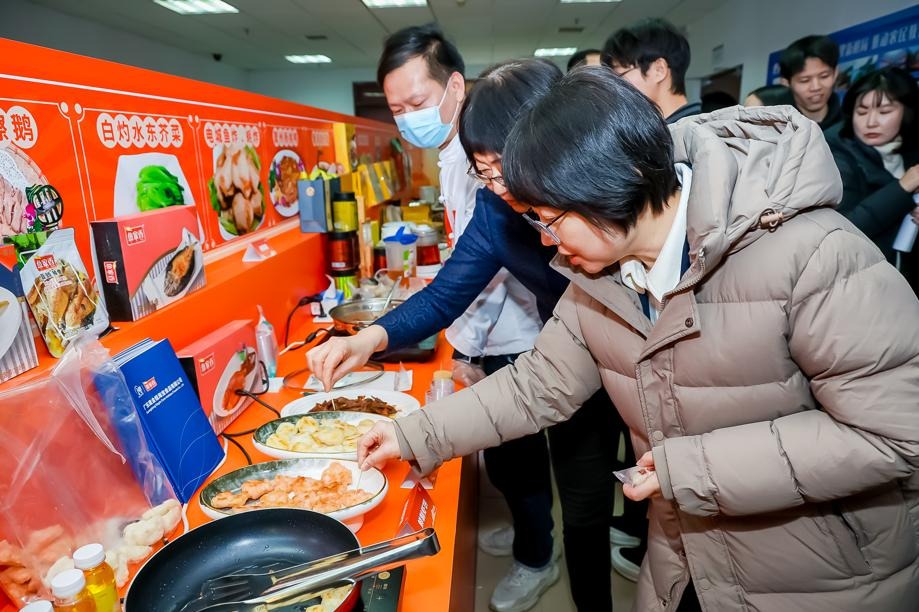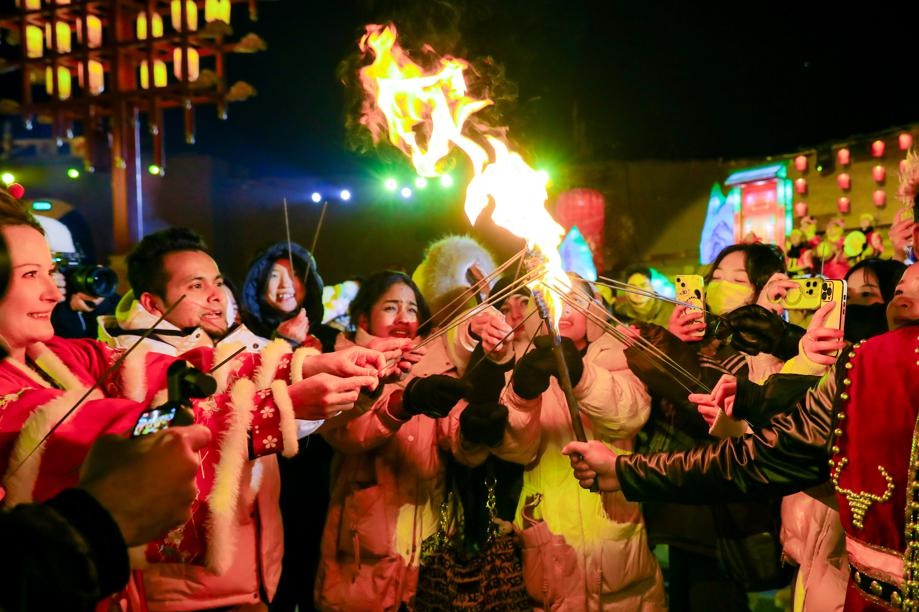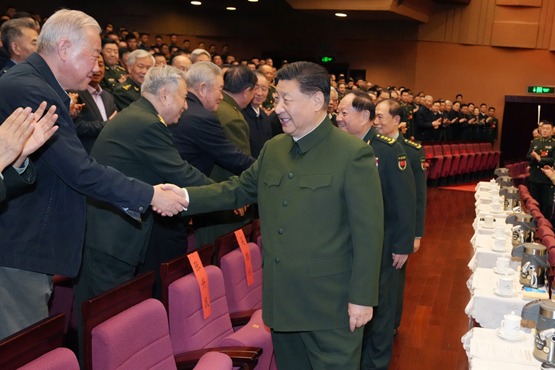Speakers highlight massive development potential of AI


Artificial intelligence has played a vital role in the fight against the COVID-19 pandemic and has been widely applied in various sectors with tremendous potential, becoming the driving force of scientific and technological development, according to speakers at the 14th Vision China event.
Jointly organized by China Daily and the Information Office of Tianjin Municipal People's Government, the event, titled "Intelligence New Era: Innovation, Energization and Ecology", was broadcast online to a global audience on Tuesday night. It coincided with the ongoing Fourth World Intelligence Congress, an online event that started on the same day and runs until Wednesday in Tianjin.
The city's future development relies on intelligent technology, said Chen Zhemin, a member of the Standing Committee of the Communist Party of China Tianjin Municipal Committee and head of the committee's Publicity Department, while underlining that "Tianjin has given great importance to intelligent manufacturing and AI, which play a leading role in socioeconomic development."
According to Chen, the city has transformed and upgraded all factors in the whole process in the industrial chain and the life cycle of the manufacturing industry. It has completed 911 intelligent transformation projects, and cooperated with enterprises to sign 200 cooperation agreements, with a total investment of 261 billion yuan ($36.9 billion).
Chen said the city will unswervingly promote technological innovation, develop intelligent industries and promote the intelligent upgrading of Tianjin's manufacturing industry.
Zhou Shuchun, publisher and editor-in-chief of China Daily, said that during the pandemic a host of AI technologies have come to the fore, which has become key for China in the fight against the virus.
"AI has become a major driving force for the new round of technological and industrial revolution. It is profoundly changing the way people work, live and learn and pushing human society toward an intelligent era of human-computer cooperation, cross-sector collaboration and joint creation and sharing," Zhou said.
In particular, Zhou noted that Tianjin is a pioneer in AI city construction and has become a leader in China's AI development. The intelligent technology industry gives a strong impetus for Tianjin to achieve high-quality development.
Now, Tianjin is shaping up to become a high-tech hub and has rolled out a series of supportive policies to develop the AI sector.
In December 2018, the city unveiled a three-year plan to boost the innovative development of seven AI-related industrial chains, including the independent and controllable information system, intelligent security, big data, advanced communications, intelligent connected vehicles, industrial robots and intelligent terminals.
It has also set up a special 10-billion-yuan fund for intelligent manufacturing and a 100-billion-yuan industry fund for the new generation of AI.
"AI is helping a lot to deal with unprecedented situations," said Ehud Levy, managing partner at Canaan Partners Israel and venture partner at Lenovo Capital, adding that AI is playing an increasingly important role in various sectors across the world.
China has taken the lead in many areas of financial technology, such as mobile payments and e-commerce, said Paul Schulte, founder of Schulte Research, an institute focusing on the research of financial institutions and financial technology.
The country is also moving ahead in autonomous cars, battery storage and superfast 5G technology, Schulte said.
"AI has built a solid foundation for intelligent systems. Otherwise, relying on big data alone is like building on a foundation of soil, which is dangerous and impossible," said Wang Feiyue, director of the State Key Laboratory for Management and Control of Complex Systems at the Institute of Automation under the Chinese Academy of Sciences.
In 2017, the State Council issued a plan that set benchmarks for China's AI sector, with the value of core AI industries predicted to exceed 1 trillion yuan and making the country one of the global leaders in AI innovation by 2030.
Jose Pedro Magalhaes Lucas, dean of the Luban Workshop at the Polytechnic Institute of Setubal in Portugal, said the institute will strengthen cooperation with China to cultivate more high-end technical talents.
The workshop was jointly built by Tianjin Vocational College of Mechanics and Electricity and the Polytechnic Institute of Setubal to cultivate high-quality technical professionals familiar with Chinese technology, products and standards.





































